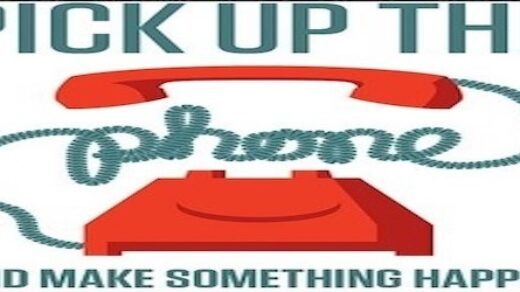
Fundraising is a competitive sport, even if you are only competing against yourself! Every dollar raised will (ideally) benefit someone and make their live(s) better. That is the whole purpose of philanthropy — helping human kind. But, sometimes, as fundraisers we come up short of our goal. Sometimes there were things that happened that were out of our control (i.e. COVID). Other times, we didn’t put as much effort into the solicitation as we should have (i.e. lack of preparation). But there are also times that, despite our best efforts, we fell short of our goal. Here, I will discuss the top three fundraising challenges and how to avoid them.
Fundraising Challenges: Competition for Funding
There are literally hundreds of thousands of charities that donors support. This only accounts for philanthropic organizations as opposed to handing money to someone on the street, or baking a meal for an ill friend. Many charities have similar mandates. Have you ever researched “cancer” on CharityNavigator? I did. There were over 4,400 results!
The fact that other charities have similar mandates is just a fact of life. I don’t think that in my thirty-plus years of fundraising I have ever seen a charity that is totally unique. There must be some other organization that has a similar mandate.
Competition is a good thing. There is the phrase that “a rising tide raises all boats”. Maybe if there is a similar charity that is successful, some of that “positive aura” may shine on your charity. Perhaps it will raise the populations sights (and insights) into your specific cause.
Fundraising Challenges: Donor Fatigue
I do not believe in donor fatigue at all. It is a buzz phrase that justifies poorer results. I think of “donor fatigue” more as a failure to properly inspire the prospect/donor. It may be true that an annual campaign to raise money for ABC Charity is not sexy the third year in a row. What are the donor’s interests? How can your charity help the donor achieve their own philanthropic goals?
I think a more appropriate phrase for “donor fatigue” is “fundraiser fatigue”. Far too often, the fund-raising professional is tired of “selling” what the charity is offering and hasn’t committed the time or desire to make a fundamental change in approach.
I suggest that instead of lumping hundreds of donors into the donor fatigue pile, advise the professional to pick a manageable group of prospects and really have some face-to-face time with them. Learn what their interests are. Philanthropy can be seen as a two-way street, but really it is a one-way street with the donor driving the car. For this analogy, the professional is the vehicle in tow.
Fundraising Challenges Limited Resources
Unfortunately, limited resources affects every charity. Or the perception of limited resources affects all charities. I have yet to meet a charity that has said “we have enough money”.
Everything in life is a choice. Some choices are easier than others. Maybe your charity doesn’t need to spend $50,000 on a print-media campaign. Perhaps those funds could be better used doing something else.
I fondly remember a board member asking me what it would take for our department to raise an extra $750,000 annually. I responded with “Let me hire more fundraisers.” The only resource that is truly limited is time. Once expended, you can never make it back. Money is a commodity and the adage of “you have to spend money to make money” is universally true. Every single time that I have been allowed to hire more fundraisers, the organization saw higher fundraising results.
Conclusion
I don’t want people to think that I am being particularly harsh on my fellow fundraisers. Rather, it is far too easy to lay blame for an unsuccessful campaign on outside influences rather than look internally and take responsibility. What could I have done to prevent missing the target?
Until next week.
L’Chaim
jack




